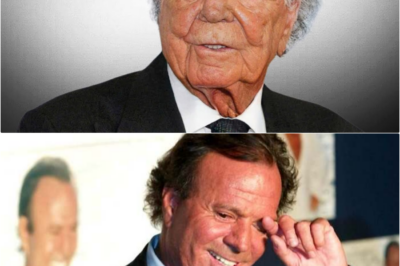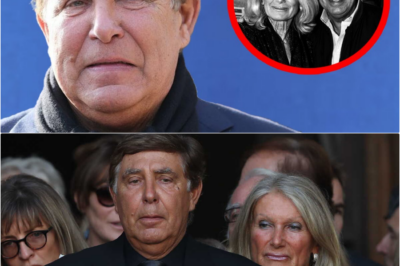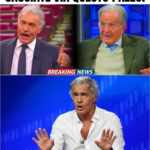Change is happening rapidly these days, and as the political and cultural tides shift, Hollywood is feeling the impact. With traditional masculinity under scrutiny, the entertainment industry appears to be favoring a new archetype—one that is more sensitive and less in line with conventional male stereotypes. But is this really what audiences want?

A recent article from The Wrap suggests that Hollywood is undergoing a cultural shift in how men are portrayed on screen. The shift leans toward softer, more introspective male characters, which the article contrasts with a political climate that, under Donald Trump’s presidency, has emphasized traditional masculine traits. In essence, the entertainment industry is reacting against the assertive, dominant male figures that have recently re-emerged in politics and public life.
This shift reveals a broader fear within Hollywood: the return of traditional masculinity. Historically, Hollywood produced iconic male figures such as Clint Eastwood, Charles Bronson, and Lee Marvin—actors who embodied strength, resilience, and leadership. Today, however, many young men look to Hollywood for role models only to find characters that often reject these traits in favor of a different ideal. But does this approach resonate with the public?
Many argue that young men accused of being “toxic” are unlikely to seek guidance from an industry that actively criticizes them. Instead of turning to actors and fictional characters, they may look elsewhere for inspiration—such as political leaders who project strength and conviction. Figures like Trump, Pete Hegseth, and Tom Homan present an alternative to Hollywood’s evolving narrative of masculinity.
Hollywood has long prided itself on shaping culture, often blurring the lines between fiction and reality. However, in recent years, the industry has struggled to exert the same level of influence. The rise of alternative media, along with a growing disinterest in celebrity political activism, has led many to question Hollywood’s relevance. The industry’s attempts to push progressive ideals, such as fluid gender identities and a rejection of traditional masculinity, have not always been well received by audiences.
The entertainment industry thrives on storytelling, and action films have historically been a cornerstone of its success. These films typically revolve around a central hero who overcomes adversity, defeats the villain, and restores order—an archetype that has remained popular for decades. Hollywood’s reluctance to fully embrace this model in its current climate may be leaving a gap that figures outside the industry, such as Trump, are filling. In a way, his presidency has played out like a real-life action film, where he takes on what he and his supporters view as corrupt institutions and political adversaries.
As Hollywood continues to redefine masculinity, many young men are turning elsewhere for role models. Instead of looking to fictional characters, they are finding inspiration in their fathers, grandfathers, and other real-life figures who exemplify resilience, discipline, and leadership. The question remains: Is Hollywood still a necessary influence in shaping societal ideals, or has it lost its credibility by attempting to manufacture a version of reality that audiences simply don’t buy into?
News
Nolwenn Leroy : Les Révélations Poignantes de ses 42 ans sur “l’Amour de sa Vie”
Dans l’univers parfois impitoyable du show-business français, rares sont les artistes qui parviennent à maintenir une frontière étanche entre les…
Julio Iglesias à 81 ans : Entre aveux sincères, secrets de famille et vérité sur sa santé, la légende se livre enfin
Julio Iglesias n’est pas seulement une voix ; il est un mythe vivant, une icône de la romance qui a…
Isabelle Nanty : Le combat secret d’une icône entre la vie et la mort après une hospitalisation critique
Le monde du cinéma français a retenu son souffle. Isabelle Nanty, figure emblématique et solaire de nos écrans, a traversé…
CLASH EXPLOSIF : Louis Boyard et Apolline de Malherbe, le duel qui a embrasé le direct !
L’arène médiatique a tremblé ce matin. Ce qui devait être une interview politique classique s’est transformé en un véritable champ…
Jean-Pierre Foucault en deuil : Les adieux déchirants à Marie-José Tramoni, la seule femme qu’il ait jamais épousée
Le paysage médiatique français est en émoi. Derrière l’image de l’animateur infatigable, toujours prêt à distribuer sourires et bonne humeur…
Sarah Knafo “rhabille” la gauche : le choc des vérités sur le Venezuela !
Le séisme politique : Sarah Knafo face à l’aveuglement idéologique Le paysage médiatique français vient d’être le théâtre d’une déflagration…
End of content
No more pages to load












